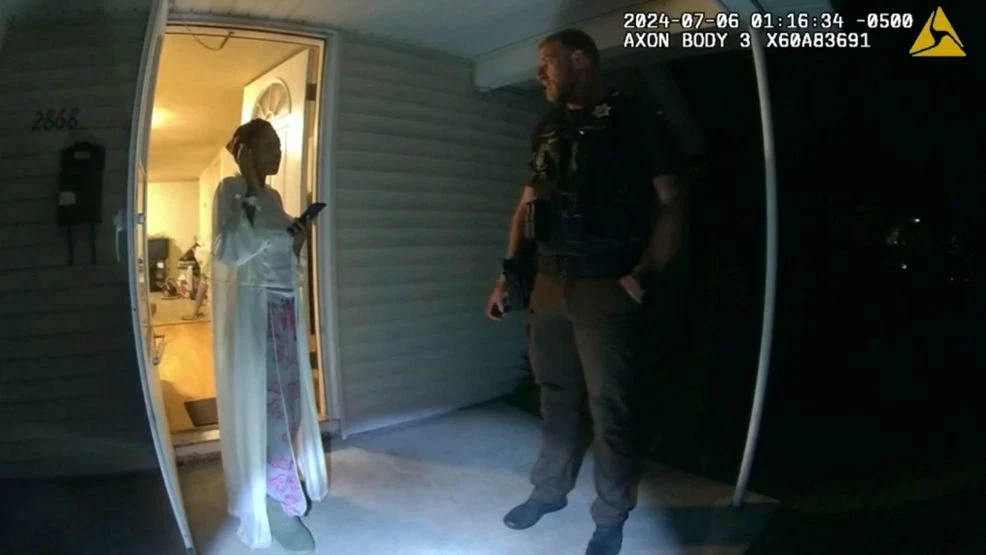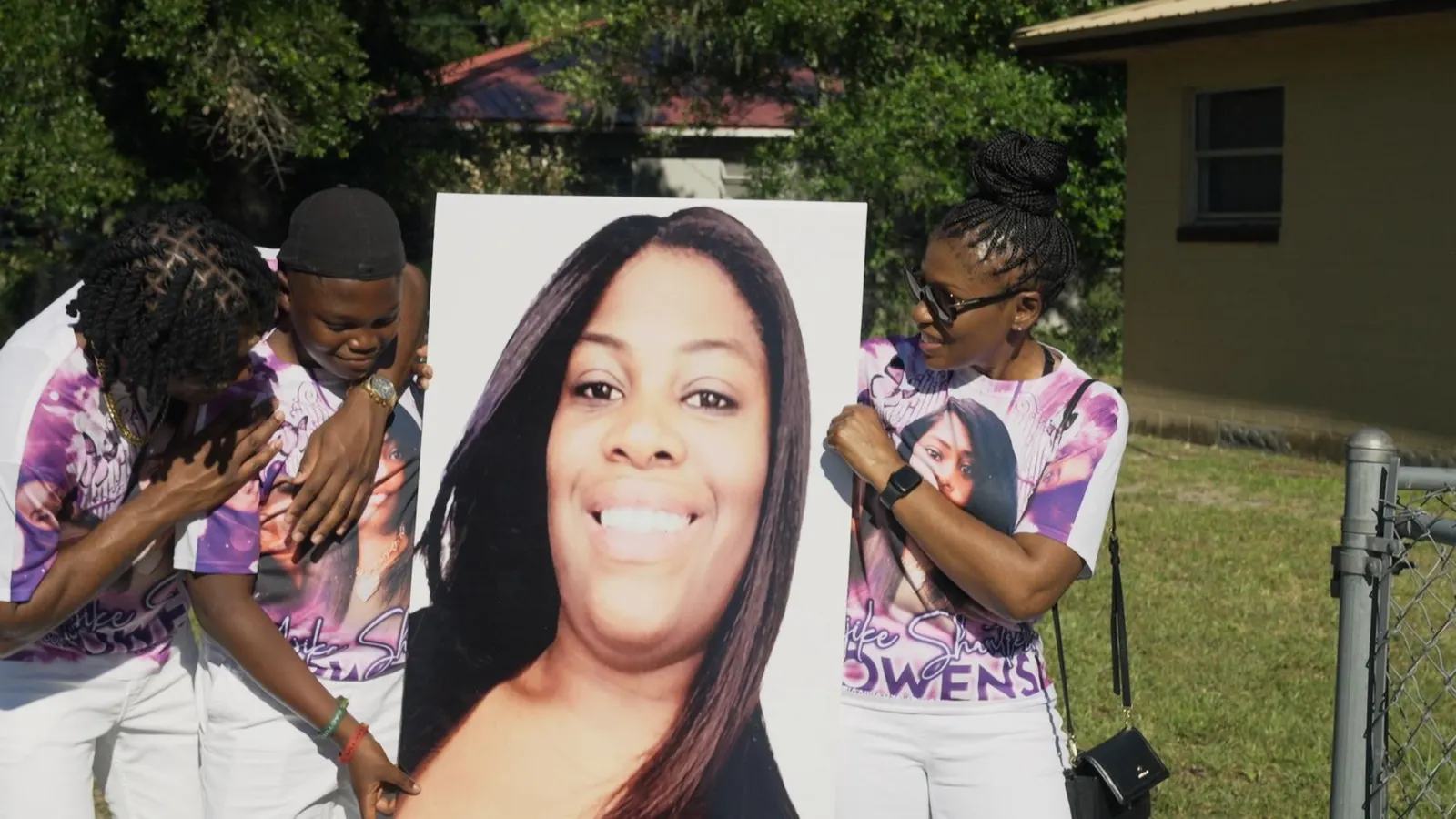Copyright WJLA

A jury has found Illinois deputy Sean Grayson guilty of second-degree murder in the shooting of Sonya Massey, a Black woman who had . Grayson, 31, faces a potential sentence of up to 20 years in prison or probation, with sentencing scheduled for Jan. 29. The incident occurred on July 6, 2024, when Grayson and another deputy responded to Massey's Springfield home after she reported a prowler. Grayson shot the 36-year-old woman following a confrontation over a pot of hot water she had removed from her stove. Grayson claimed he feared Massey would scald him with the water. Massey's death has intensified scrutiny over law enforcement shootings of Black individuals in their homes and led to changes in Illinois law, mandating greater transparency in the background checks of law enforcement candidates. Initially charged with first-degree murder, Grayson was convicted of the lesser charge of second-degree murder, which applies when a defendant faces "serious provocation" or believes their actions are justified, even if that belief is unreasonable. This conviction could result in a sentence of four to 20 years, with the possibility of halving the sentence for good behavior, or probation. Body camera footage from the scene, recorded by deputy Dawson Farley, played a crucial role in the prosecution's case. The video captured Massey, who had mental health struggles, pleading with the officers, "Don't hurt me," and "Please God." Despite Grayson's claims, Farley testified that Massey did not pose a threat, although he initially reported fearing for his safety due to the hot water. Grayson testified that he believed Massey intended to harm him, prompting him to draw his weapon. After the shooting, Grayson remarked to Farley, "She done. You can go get it, but that's a head shot," and later discarded his medical kit, saying, "I'm not even gonna waste my med stuff then." Prosecutors argued that Grayson's actions demonstrated a disregard for public safety, leading Judge Ryan Cadagin to keep him in jail pending trial. An appellate court later ordered Grayson's release under the Pre-Trial Fairness Act, with an appeal to the state Supreme Court still pending. The case prompted the early retirement of the sheriff who hired Grayson and a U.S. Justice Department inquiry. The federal investigation concluded with the Sangamon County Sheriff's Department agreeing to enhance training, particularly in de-escalation, and to involve mental health professionals in emergency responses. Massey's family, represented by civil rights attorney Ben Crump, .



